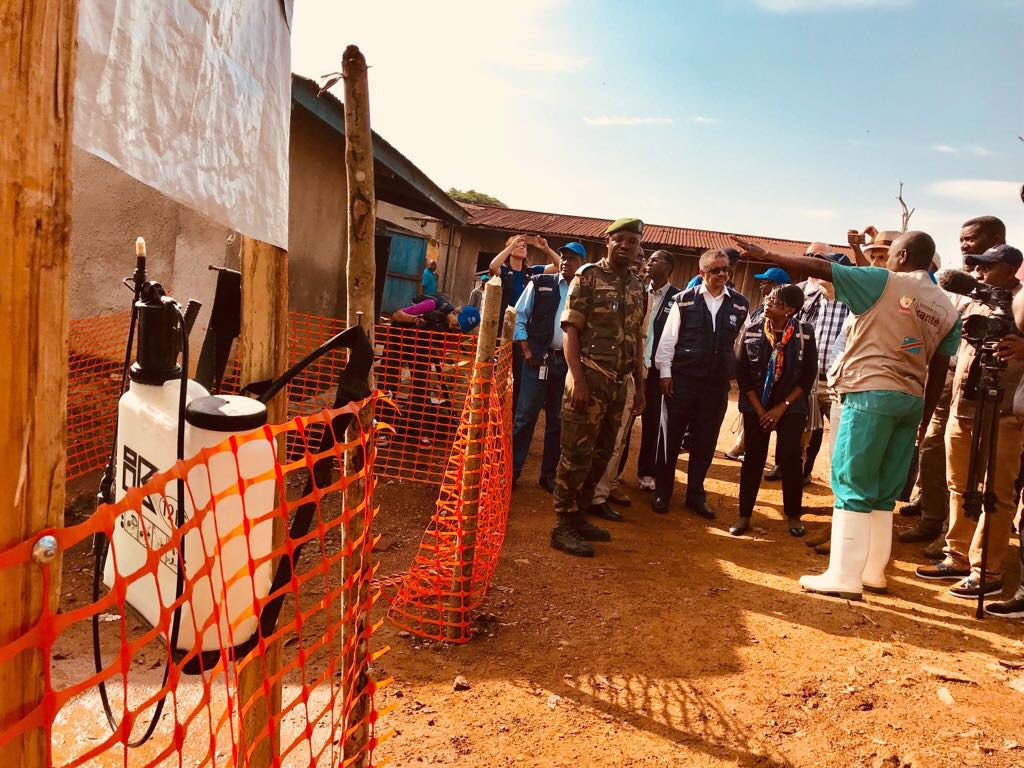
Insecurity fears weaken WHO Ebola efforts, as new cases confirmed

The World Health Organisation is calling for secure access to populations affected by Ebola in the Democratic Republic of Congo, amid threats of rebel violence.
Officials who visited the region over the weekend were exposed to the complexities of how the Ebola response in North Kivu was being carried out, as this is the first time the disease has struck in a densely populated active conflict zone.
Dr Tedros Adhanom Ghebreyesus, WHO Director-General, said: “All of those participating in the response must be able to move freely and safely in conflict areas to do the work that is needed to bring the outbreak under control. The population must also have access to treatment centres that save lives and stop the spread of disease.”
Mangina, which is 30 km from Beni in North Kivu, lies at the epicenter of the epidemic and accounts for most of the confirmed cases so far.
A threat of violence from armed groups that are active in the area poses a challenge for health teams seeking to curb new infections in communities, and hinder them from monitoring those under threat twice a day for three weeks as required.
WHO feels the insecurity might also discourage members of the community from coming forward for treatment.
So far, WHO and its partners have put up treatment centres in the region, coordinated outreach to communities, reviewed infection prevention and control in health centres, and reinforced the surveillance system.
Over the weekend, four new cases of Ebola were confirmed in Eastern DR Congo by the Ministry of Health.
The latest cases were reported near the town of Mangina, and Health Ministry officials also said that two more people – one near Mangina and another in Beni – died of Ebola.
Authorities are now preparing to deploy an experimental treatment, just days after kicking off a vaccination exercise.
It will be the first time that the experimental treatment called mAB114 is used on Ebola patients, according to Steve Ahuka, a virologist at the National Institute for Biomedical Research (INRB) in the capital Kinshasa.
He told Reuters that the treatment was developed in the United States using the antibodies of the survivor of an Ebola outbreak in the western Congolese city of Kikwit in 1995 and was 100 percent effective when tested on monkeys.
“It’s experimental. So we are following the protocol. It has been submitted to the ethical committee and the ethical committee gave its okay,” Ahuka said.






